News
-
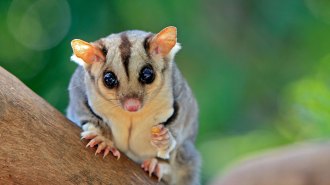 Animals
AnimalsLong considered loners, many marsupials may have complex social lives
Some marsupials may be more sociable than previously thought, opening the door to a possible deep legacy of social organization systems in mammals
By Jake Buehler -
 Physics
PhysicsHow physics can improve the urinal
Urinals built with curves like those in nautilus shells eliminate the splash-back common with conventional commodes.
-
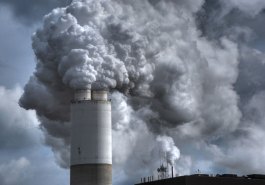 Health & Medicine
Health & MedicinePollution mucks up the lungs’ immune defenses over time
A study of immune tissue in the lungs reports that particulate matter buildup from air pollution may impair respiratory immunity in older adults.
-
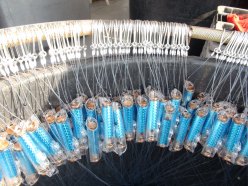 Animals
AnimalsThese devices use an electric field to scare sharks from fishing hooks
SharkGuard gadgets work by harnessing sharks’ ability to detect electric fields. That could save the animals’ lives, a study suggests.
-
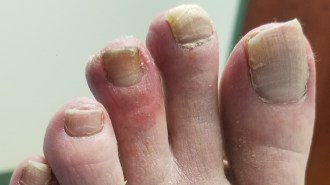 Health & Medicine
Health & MedicineGot a weird COVID-19 symptom? You’re not alone
From head to COVID toe, doctors have seen a bevy of bizarre cases.
By Meghan Rosen -
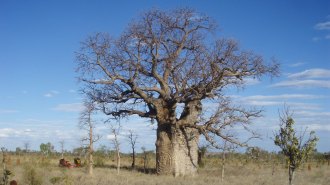 Anthropology
AnthropologyCarvings on Australia’s boab trees reveal a generation’s lost history
Archaeologists and an Aboriginal family are working together to rediscover a First Nations group’s lost connections to the land.
By Freda Kreier -
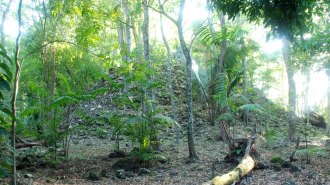 Archaeology
ArchaeologySome Maya rulers may have taken generations to attract subjects
Commoners slowly granted authority to kings at the ancient Maya site of Tamarindito, researchers suspect.
By Bruce Bower -
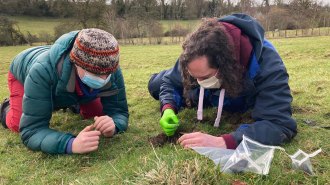 Planetary Science
Planetary ScienceThe pristine Winchcombe meteorite suggests that Earth’s water came from asteroids
Other meteorites have been recovered after being tracked from space to the ground, but never so quickly as the Winchcombe meteorite.
-
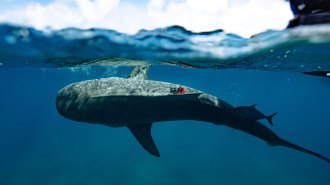 Ecosystems
EcosystemsTiger sharks helped discover the world’s largest seagrass prairie
Instrument-equipped sharks went where divers couldn’t to survey the Bahama Banks seagrass ecosystem.
By Nikk Ogasa -
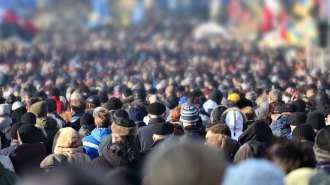 Humans
HumansThe world population has now reached 8 billion
In a first, the global population surpassed this milestone on November 15, according to a projection from the United Nations.
-
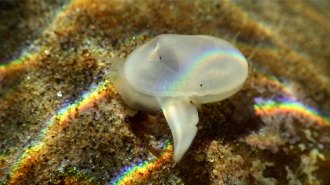 Animals
AnimalsA clam presumed extinct for 40,000 years has been found alive
The reappearance of living Cymatioa cooki clams places it among a group of back-from-the-dead creatures dubbed the Lazarus taxa.
-
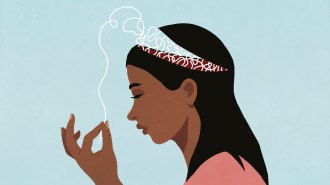 Neuroscience
NeuroscienceNew brain implants ‘read’ words directly from people’s thoughts
In the lab, brain implants can translate internal speech into external signals, technology that could help people who are unable to speak or type.